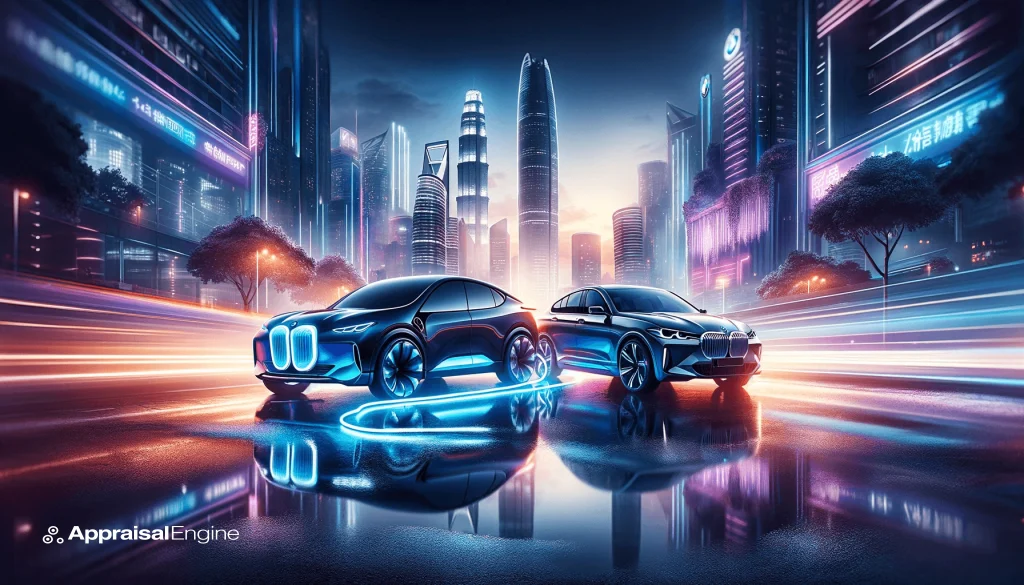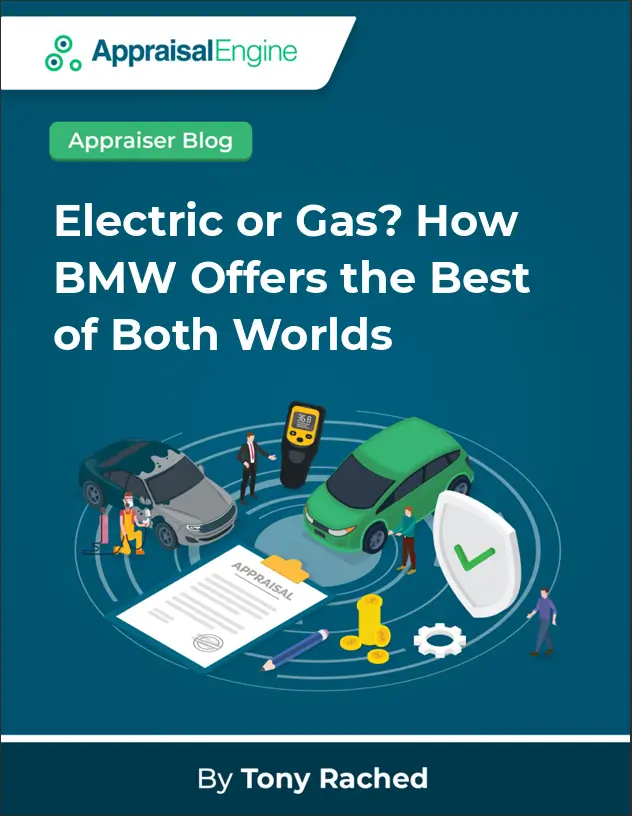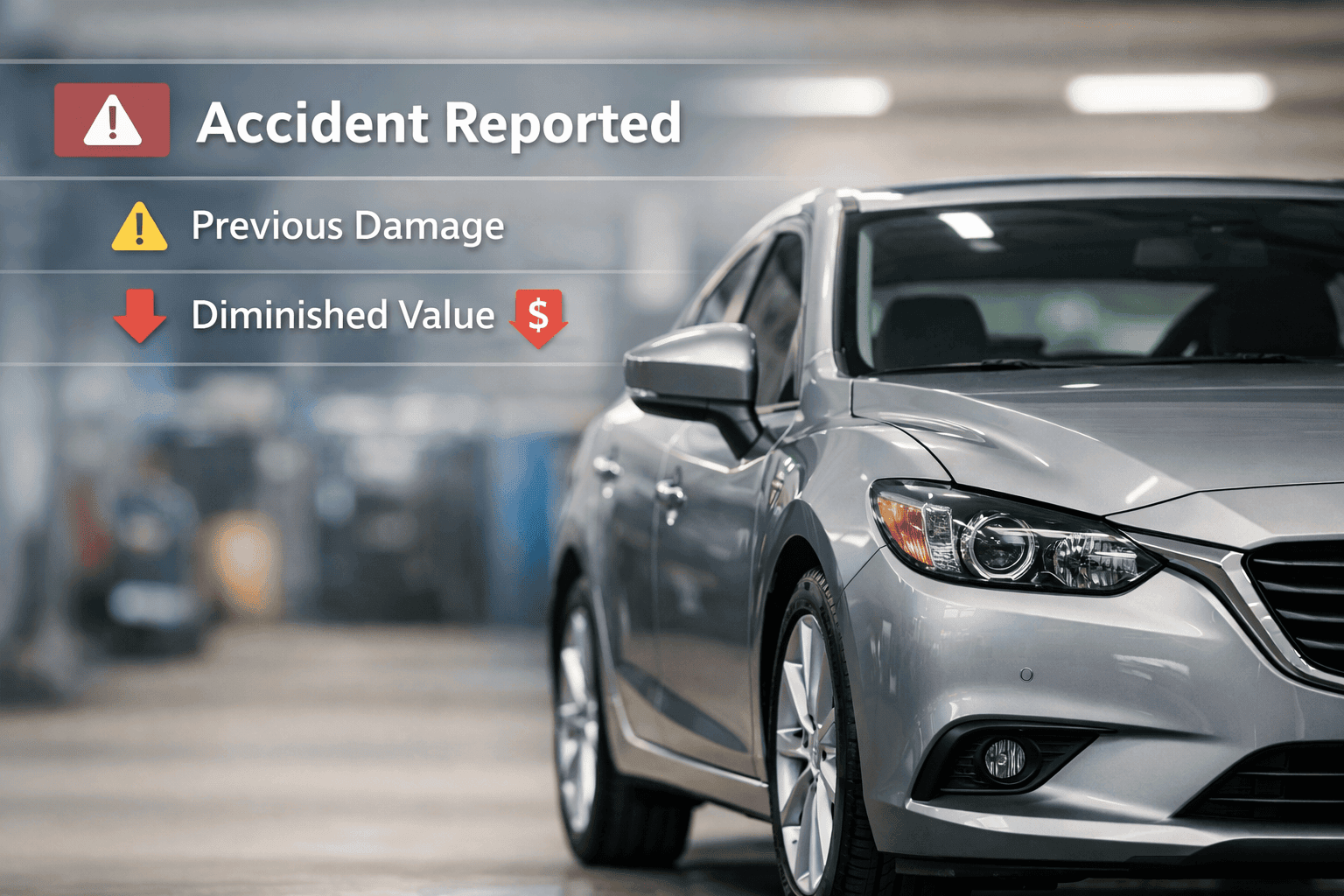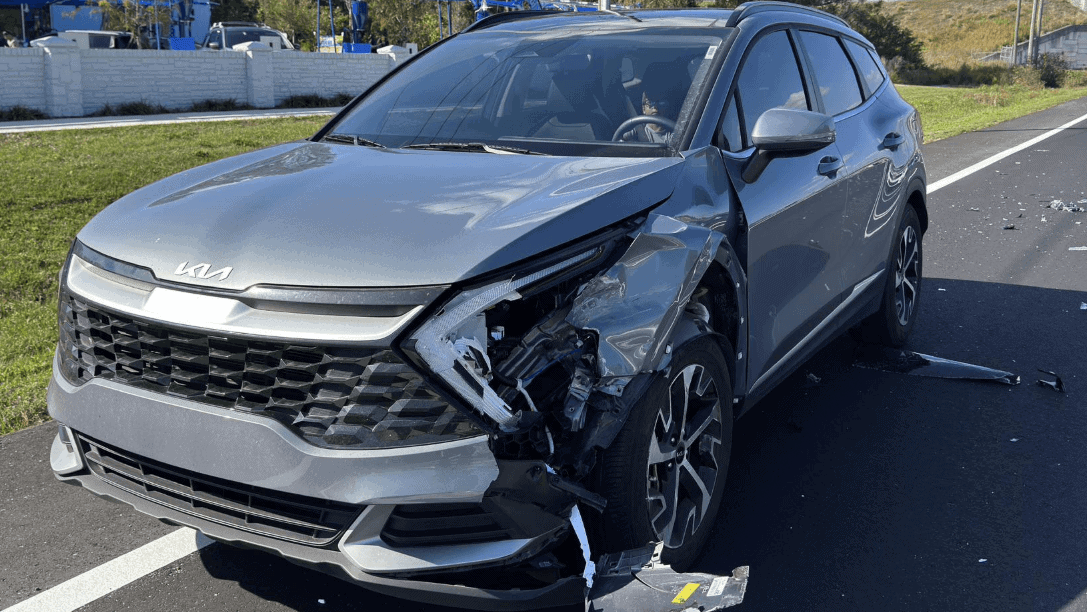In an era where the automotive landscape is experiencing a seismic shift towards electrification, BMW’s strategy of sharing platforms between electric vehicles (EVs) and traditional gas cars emerges as a beacon of innovative thinking. This approach not only demonstrates BMW’s agility in adapting to market demands but also underscores a commitment to offering personalized mobility solutions. With BMW’s EV sales soaring by 74% globally in 2023 and US sales doubling in the early months of 2024, it’s clear that their strategy is resonating with consumers. But why is this dual-platform approach being hailed as the “right solution” for customers? Let’s delve into the details and uncover the aspects that set BMW apart in the competitive automotive sector.

Electric or Gas? How BMW Offers the Best of Both Worlds (PDF)
A Tale of Two Powertrains
At first glance, the notion of offering both EVs and gas cars on the same platform might seem counterintuitive. After all, the automotive industry has been largely polarized, with manufacturers typically taking distinct paths for their electrified lineups. BMW’s global EV sales leap in 2023 and continued success into 2024 signal something profound about their strategy.
Frank Weber, BMW’s global chief technology officer, shed light on this during a briefing. BMW’s approach, as seen with the new 7-series among others, is to offer identical-looking vehicles in both EV and gas-powered formats. This uniformity is rare in an industry where EVs often sport drastically different aesthetics from their combustion counterparts.
Why This Matters
- Consumer Choice: By maintaining aesthetic and functional consistency across powertrains, BMW empowers customers to choose a vehicle based on their needs rather than compromising due to differences in design or features.
- Informed Decisions: Weber recounted instances where potential EV buyers opted for diesel variants upon realizing it suited their needs better. This flexibility is invaluable in markets with varying infrastructure and consumer preferences.
- Market Adaptability: The early success of BMW’s BEVs in 2024, especially in the US, showcases the brand’s ability to cater to evolving market demands without sidelining traditional offerings.
Beyond EVs: The Plug-In Hybrid Success Story
BMW’s prowess isn’t limited to pure electric vehicles. The brand has emerged as a leader in the plug-in hybrid segment, offering yet another layer of choice to consumers. The BMW X5 xDrive50e, for instance, has garnered accolades for its blend of efficiency, performance, and luxury. This success is a testament to BMW’s dedication to diverse powertrain options, catering to a broad spectrum of customer needs and preferences.
Key Insights
- Global Leadership: With approximately 1.1 million plug-in hybrid units sold, BMW’s dominance in the premium segment is undeniable.
- Consumer Recognition: Accolades like the Consumer Reports top choice for the BMW X5 xDrive50e underscore the brand’s commitment to quality and innovation.
A Glimpse Into the Future: The Neue Klasse Vision
BMW’s unveiling of the BMW Vision Neue Klasse X concept offers a peek into the future of electric mobility. Despite the introduction of this new EV-specific platform, BMW reassures that technological advancements, such as infotainment systems, will remain consistent across all models. This strategy not only streamlines production but ensures that all BMW vehicles, regardless of their power source, offer a unified, premium experience.
Strategic Insights
- Consistency in Innovation: Even as BMW explores separate platforms for future EVs, the commitment to cross-platform technology sharing ensures a cohesive brand experience.
- Sustainable Growth: Acknowledging the EV market’s natural growth trajectory, BMW positions itself as a patient, forward-thinking player ready to evolve with consumer demands and technological advancements.
Conclusion: BMW’s Forward-Thinking Harmony
BMW’s strategy of offering EVs and gas cars on the same platform, coupled with its impressive range of plug-in hybrids, represents a harmonious blend of tradition and innovation. This approach not only caters to diverse consumer needs but also positions BMW as a visionary brand in an industry at the cusp of a major transition. As we move towards a more electrified future, BMW’s commitment to choice, quality, and sustainability ensures that it remains at the forefront of automotive excellence, delivering the “right solution” to customers worldwide.





